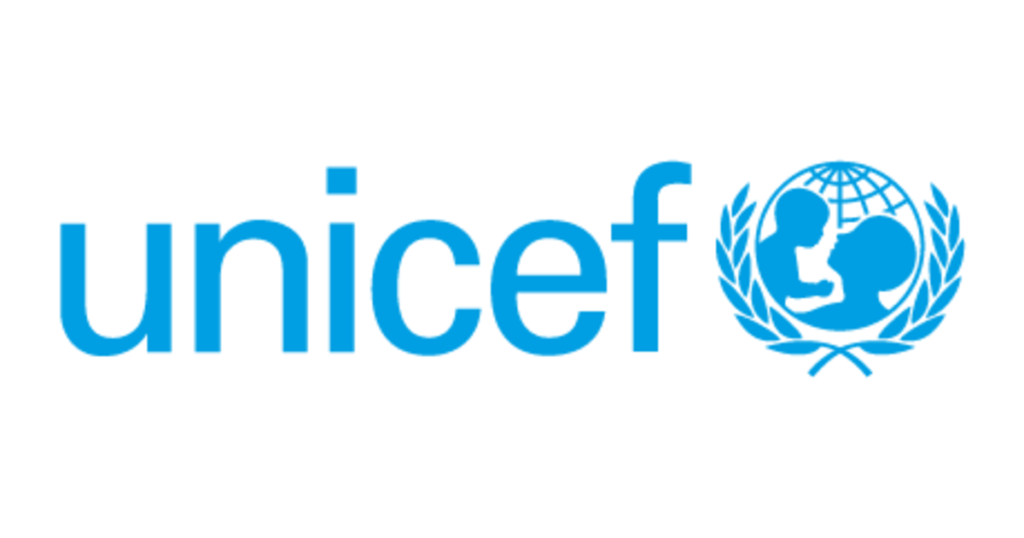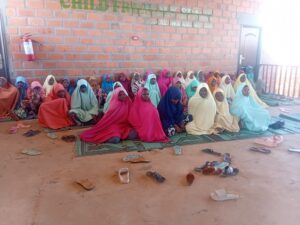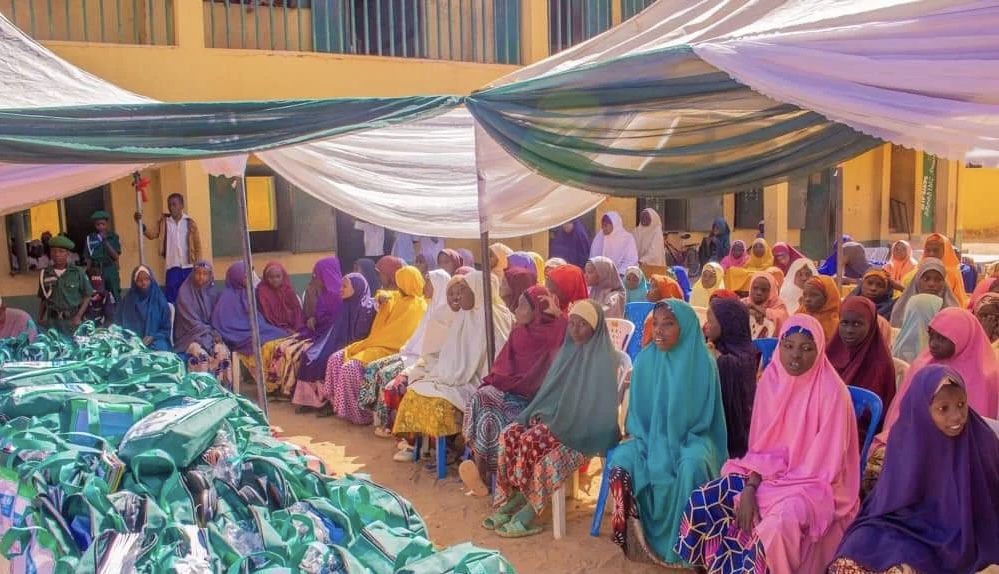Health stakeholders have reiterated the need for greater budgetary allocation and improved financing for maternal and child healthcare services across Nigeria.
Correspondents report that the appeal was made during a workshop organised by Development Governance International (DGI) Consult, with support from the United Nations Children’s Fund (UNICEF), held on Wednesday in Abuja.
Dr Gafar Alawode, Chief Executive Officer of DGI Consult, underscored the urgency of reforming health financing systems to address longstanding shortcomings in maternal and child healthcare delivery.
He urged sub-national governments to adopt data-driven planning methods and translate fiscal commitments into measurable outcomes.
“The workshop’s goals include sharing key findings from public health expenditure reviews and advocating increased funding for priority areas,” he said.
“We also aim to disseminate policy recommendations and gain stakeholders’ commitment to improved resource allocation.”
He added that participants would outline an action plan for implementing the recommendations and identify ways to strengthen public health financing, especially for Primary Healthcare (PHC) and Maternal, Neonatal and Child Health (MNCH) at both state and local government levels.
Dr Bukola Shittu-Muideen of DGI Consult presented findings from a recent expenditure review, highlighting structural barriers and suggesting specific interventions to enhance budget performance.
She called on state governments to adopt evidence-based resource planning and develop health strategies rooted in data.
UNICEF Health Specialist, Dr Sachin Bhokare, praised the collaborative spirit of the stakeholders, noting that the initiative was focused on aligning investments with tangible results.
“This is about ensuring no woman or child is left behind,” he said. “It’s also about linking sustained investments to visible health outcomes and reduced maternal and child mortality.”
Correspondents report that participants included representatives from state ministries of health, state primary healthcare development agencies and local government departments, who all expressed concern over ongoing funding shortfalls.
They acknowledged the problem of poor budget implementation and pledged to push reforms at the grassroots level, where healthcare delivery is most needed.
(NAN)







